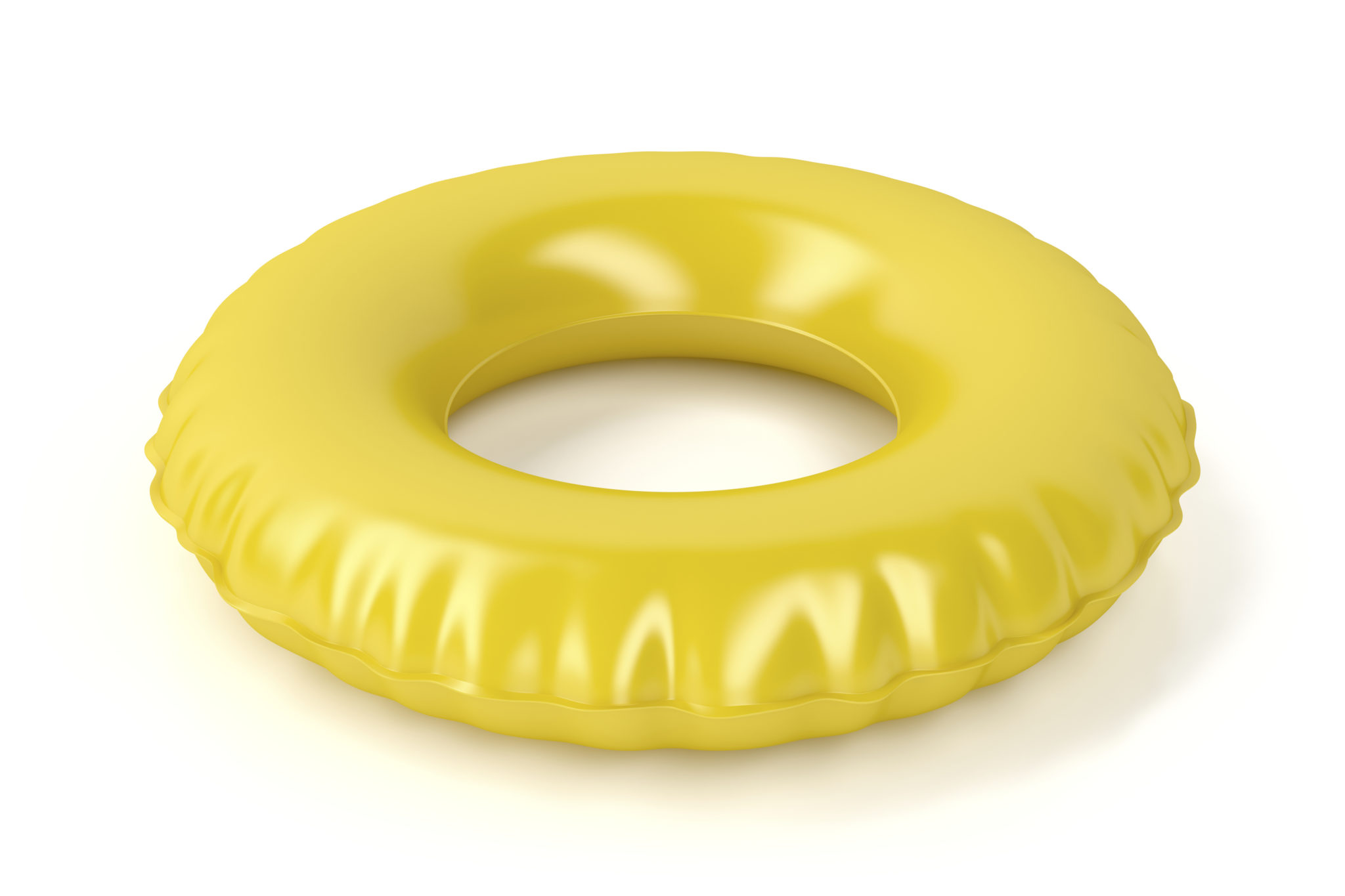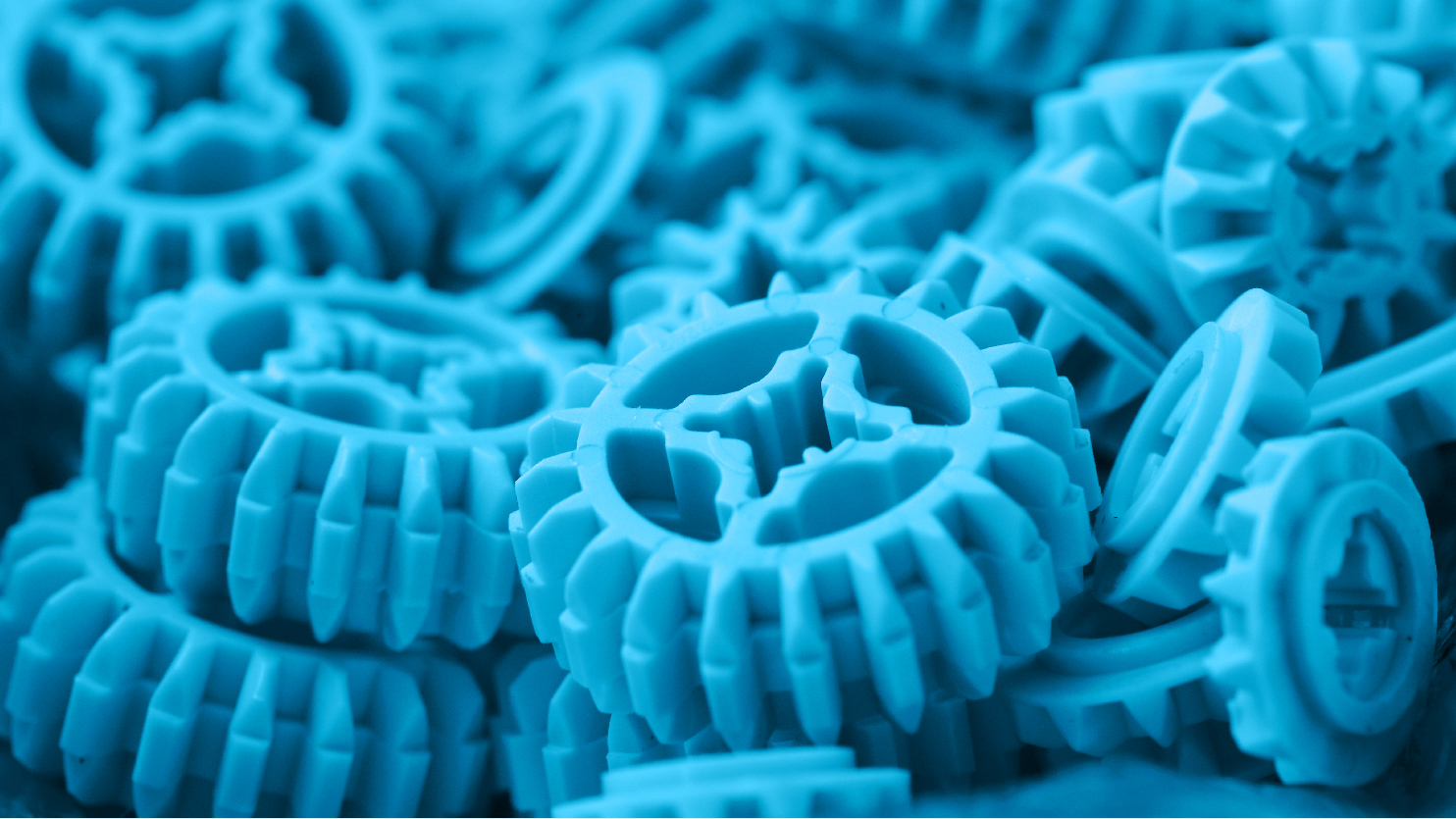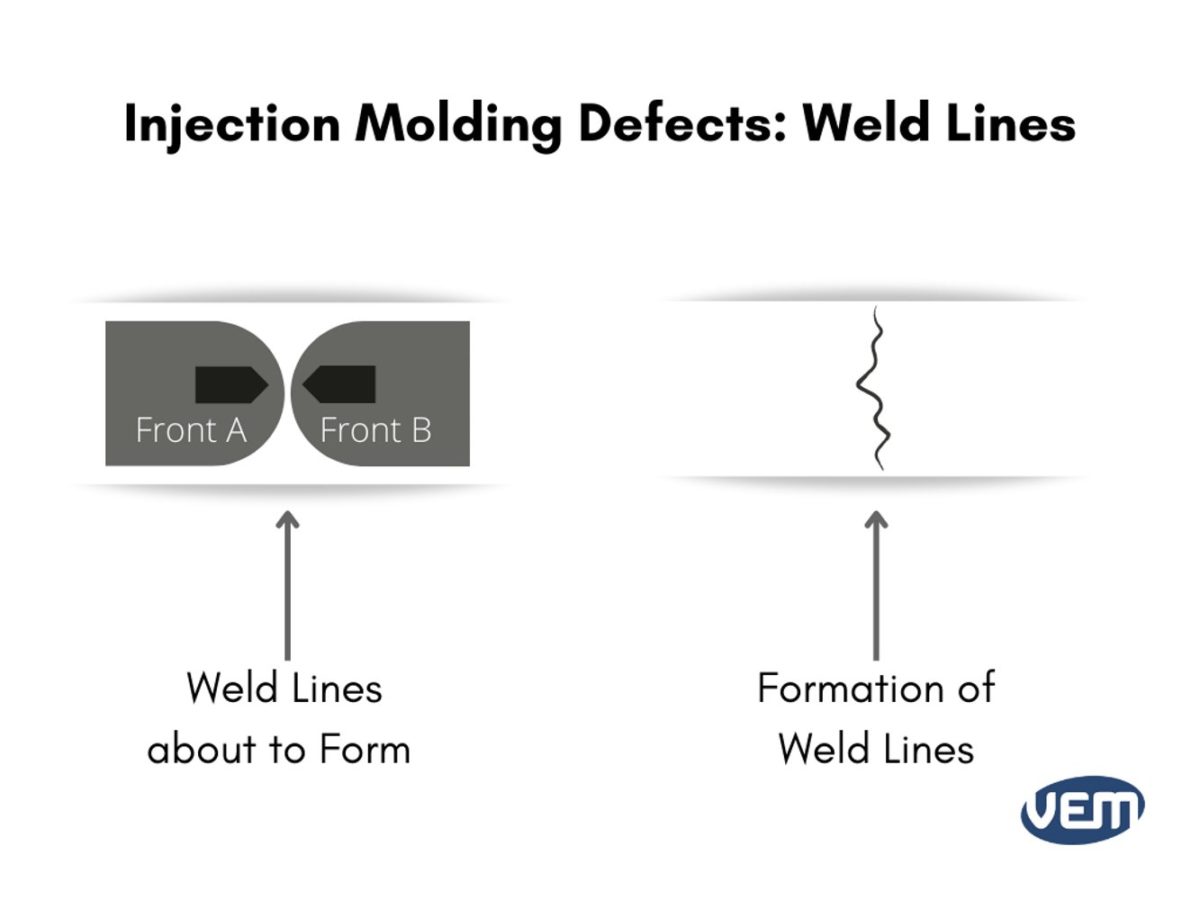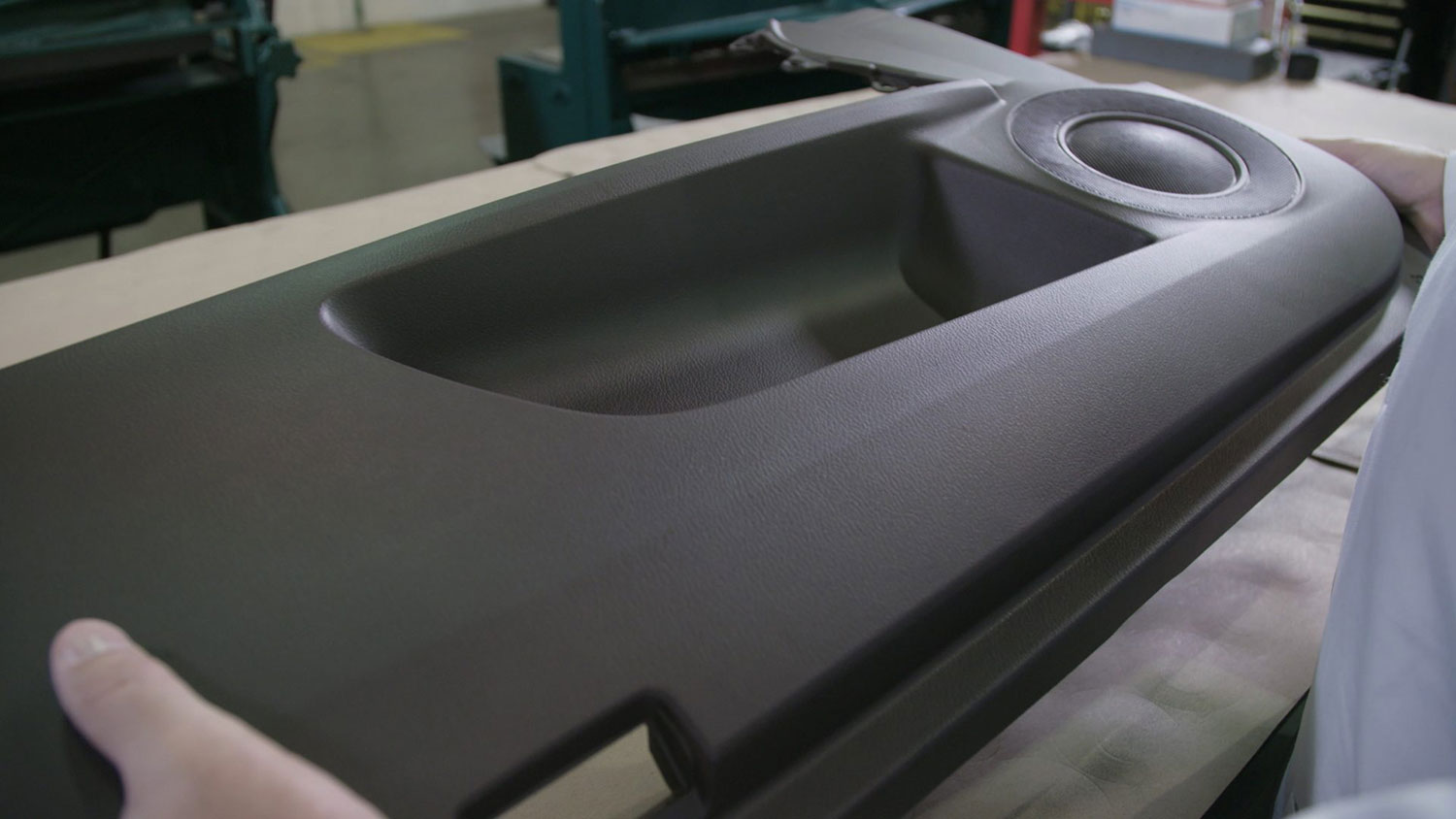Injection Molding Knit Lines
Injection Molding Knit Lines - A knit can be visible or not visible. Web knit lines, weld lines, mold lines, or flow lines in injection molding are faint lines that become visible on certain plastic parts. Select resins that are less susceptible to knit line formation. It happens when the molten plastic material flows around obstacles, such as inserts or cores, and rejoins on the other side. Think about how a resin flows through a mold. What are knit lines, and how can you avoid them? How to eliminate knit lines. Here is a look at the differences between them, the causes of meld and knit line imperfections, and their impact on part durability. This most often occurs when you have a core or shutoff feature that the plastic needs to flow around. Often called “weld lines” or “flow lines”, knit lines typically appear as faintly visible lines. It happens when the molten plastic material flows around obstacles, such as inserts or cores, and rejoins on the other side. How to eliminate knit lines. Meld lines and knit lines. Web knit lines, weld lines, mold lines, or flow lines in injection molding are faint lines that become visible on certain plastic parts. Web what are knit lines? Flow lines appear as a wavy pattern on the surface of your plastic parts. What causes knit and meld lines? They again get resolidified along the surface. Web in the plastic injection molding industry, we work with materials that are byproducts of oil refinement and molds made of metal casting, so our terminology is bound to be at least slightly. This article will review how and why weld lines occur, how mold gates effects weld line location and strength, the importance of material selection and the material. Web depending on the design of the mould and the material being injected, a knit line may: Among the most likely to show lines is abs. A knit line, also called a weld. Web prevent flow and knit lines during the injection molding process. Let’s review what causes meld and knit line imperfections, how they’re different, and how they affect part durability. Web weld line occurrence in plastic injection molded parts. Thicken part walls to slow down the resin cooling process however be careful not to make them too thick that it causes.. Present no problem at all, be a cosmetic issue, or cause a potentially serious structural problem. This article will review how and why weld lines occur, how mold gates effects weld line location and strength, the importance of material selection and the material. Web three terms that often get mixed up in injection molding are weld, meld and knit lines.. Often called “weld lines” or “flow lines”, knit lines typically appear as faintly visible lines. Present no problem at all, be a cosmetic issue, or cause a potentially serious structural problem. Meld lines and knit lines. Web material selection, part design, tool design, and process parameters all also affect knit lines. How to eliminate knit lines. Flow lines appear as a wavy pattern on the surface of your plastic parts. Let’s review what causes meld and knit line imperfections, how they’re different, and how they affect part durability. Web depending on the design of the mould and the material being injected, a knit line may: Web one common problem that occurs in injection molding is the. Present no problem at all, be a cosmetic issue, or cause a potentially serious structural problem. Let’s review what causes meld and knit line imperfections, how they’re different, and how they affect part durability. Here is a look at the differences between them, the causes of meld and knit line imperfections, and their impact on part durability. Meld lines and. A knit line, also called a weld line, occurs when the liquid plastic moves through the mold and hits more melted plastic and they don't flow or fuse together. Web material selection, part design, tool design, and process parameters all also affect knit lines. Web knit lines are normal formations, which are often created during plastic injection molding along holes. What causes knit and meld lines? Web here are 3 common injection molding flaws and how to prevent them from happening in the future: Web weld or knit lines are perhaps the most common and difficult injection molding defect to eliminate. Web prevent flow and knit lines during the injection molding process. Three terms that often get mixed up are. Timing and temperature are significant contributing factors when it comes to flow and knit line defects. Select resins that are less susceptible to knit line formation. Wavy lines are another feature of weld lines. A knit line, also called a weld line, occurs when the liquid plastic moves through the mold and hits more melted plastic and they don't flow or fuse together. Web three terms that often get mixed up in the plastic injection molding industry are weld, meld, and knit lines. This article will review how and why weld lines occur, how mold gates effects weld line location and strength, the importance of material selection and the material. Present no problem at all, be a cosmetic issue, or cause a potentially serious structural problem. Web weld or knit lines are perhaps the most common and difficult injection molding defect to eliminate. Web here are 3 common injection molding flaws and how to prevent them from happening in the future: Here are some ways manufacturers can avoid quality issues during the plastic injection molding process: Meld and knit lines are actually both different types of weld lines. Web one common problem that occurs in injection molding is the formation of knit lines. Read on for tips on how to minimize or eliminate knit lines when designing your mold. One of the deciding factors is the resin being injected, since resins vary in their tendency to form knit lines. Change the boss or gate locations. Web a knit line is any line, visible or not, where two resin flows meet.
What Are Knit Lines In Injection Molding? Rex Plastics
![]()
Injection Molding Weld Line Plastopia

Eden Ashley It's About The Knit Line Molding, Stupid!

What Are Knit Lines in Injection Molding, and How Do You Prevent Them

Molding Defects Weld Lines

Injection Mold Flaws & How to Prevent Them Flow Lines, Knit Lines, & Blush

What is a Knit Line in Injection Molding?

What is a Knit Line in Injection Molding?

Weld Line (Knit Lines) in Injection Molding │20220816T072815.230Z│Blog

What is a Knit Line in Injection Molding?
Web In The Plastic Injection Molding Industry, We Work With Materials That Are Byproducts Of Oil Refinement And Molds Made Of Metal Casting, So Our Terminology Is Bound To Be At Least Slightly Confusing.
What Are Knit Lines, And How Can You Avoid Them?
When Two Streams Of Melt Meet, They Form A Weld Line, Which Appears As A Linear Mark On The Surface Of The Molded Part.
Web Knit Lines Appear To Be A Faint Line Or A Crack In The Finished Part After It Comes Out Of The Injection Mold.
Related Post: